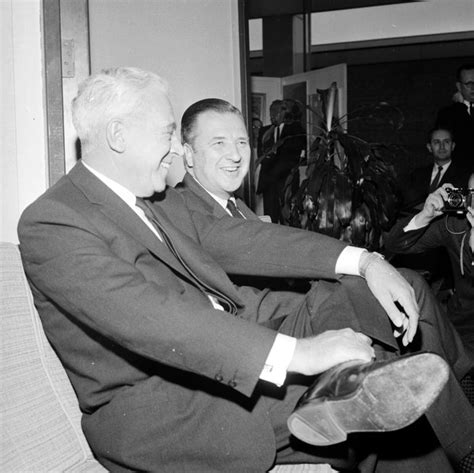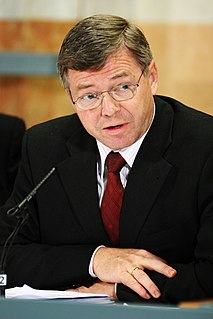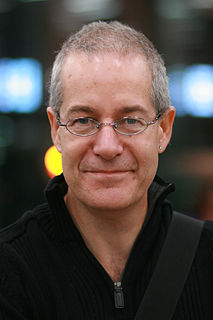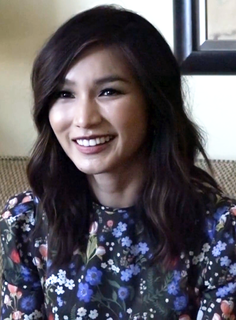A Quote by Pattiann Rogers
I think the language of science is highly lyrical and evocative and an important part of our lives in many ways.
Related Quotes
What does it matter, if we tell the same old stories? ...Stories tell us who we are. What we’re capable of. When we go out looking for stories we are, I think, in many ways going in search of ourselves, trying to find understanding of our lives, and the people around us. Stories, and language tell us what’s important.
Given the power and influence that science increasingly has in our daily lives, it is important that we as citizens of an open and democratic society learn to separate good science from bunk. This is not just a matter of intellectual curiosity, as it affects where large portions of our tax money go, and in some cases even whether people’s lives are lost as a result of nonsense.
In language that is searing and lyrical, evocative and precise, this exceptional book thinks with the zombies, specters, felons, slaves, dogs, cadavers, and other entities that are the remnants of loss and dispossession in the law. Dogs and people are abundantly present here, even as the legal fictions they are made to inhabit are exposed with acid lucidity. These are hard histories made readable by Dayan's precious acts of writing.
Many people correctly make the point that our only hope is to turn to God. For example, Charles Lindbergh, who said that in his young manhood he thought "science was more important than either man or God," and that "without a highly developed science modern man lacks the power to survive," . . . went to Germany after the war to see what Allied bombing had done to the Germans, who had been leaders in science. There, he says, "I learned that if his civilization is to continue, modern man must direct the material power of his science by the spiritual truths of his God."
We are living in a society that is totally dependent on science and high technology, and yet most of us are effectively alienated and excluded from its workings, from the values of science, the methods of science, and the language of science. A good place to start would be for as many of us as possible to begin to understand the decision-making and the basis for those decisions, and to act independently and not be manipulated into thinking one thing or another, but to learn how to think. That's what science does.
Our lives are so important to us that we tend to think the story of them begins with our birth. First there was nothing, then I was born...Yet that is not so. Human lives are not pieces of string that can be separated out from a knot of others and laid out straight. Families are webs. Impossible to touch one part of it without setting the rest vibrating. Impossible to understand one part without having a sense of the whole. - Vida Winter
Food is such an important part of our lives, and sometimes we tend to diminish the importance of that, because we rely on conveniences or because our lives are so complicated. We forget about those moments that we can actually share around the table with our family, with our friends, with our loved ones.
I think we've lost the idea that politicians are part of the humanities. And we think of them as part of a natural science tradition, and we don't expect them to have the contact with literature, with history, with the richness of descriptive language that the humanities have always stood for. And I think that's a great loss.







































